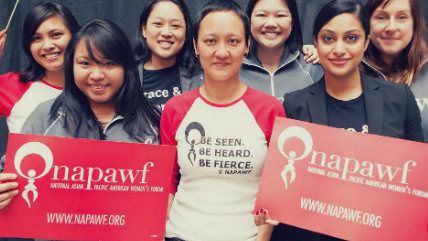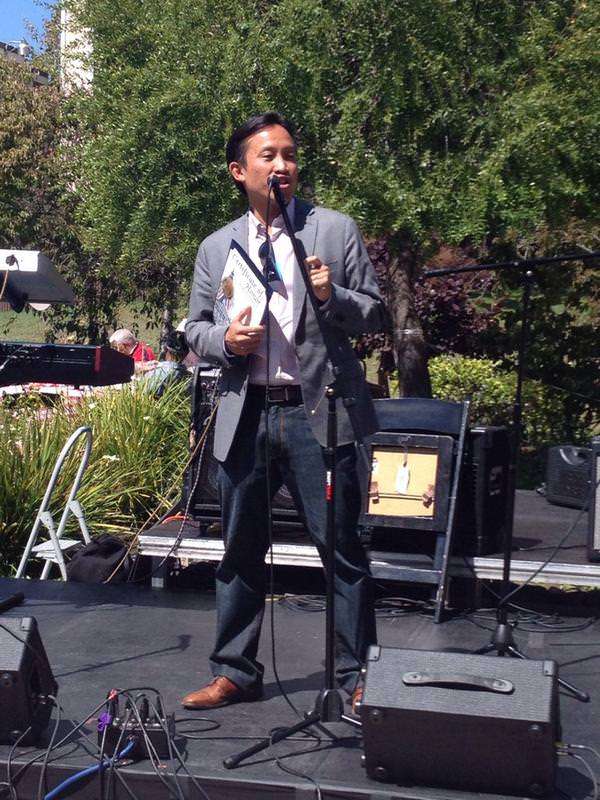Sex-Selective Abortion Legislation With a Twist in San Francisco


In the past few years, eight states have enacted bans on "sex-selective abortion," i.e., choosing to terminate a pregnancy because the fetus isn't the parents' desired sex. Now San Francisco is addressing the practice, but from a radically different perspective. If Board of Supervisors President David Chiu gets his way, the city will become the first in America to officially oppose bans on sex-selective abortion.
Chiu's resolution, announced yesterday, notes "lawmakers across the country have successfully advocated for sex-selective abortion bans by perpetuating false and harmful racial stereotypes that such laws are necessary to stop an influx of Asian immigrants from spreading this practice, and that Asian American communities do not value the lives of women."
Such stereotypes have been the rallying cry of state lawmakers pushing sex-selective abortion bans, despite a) precisely no evidence that the practice is actually prevalent in Asian-American communities, and b) absolutely no way to enforce the bans, considering that women here aren't required to state a reason for seeking to terminate a pregnancy. In the face of this utter lack of (non-political) purpose, sex-selective abortion bans have still managed to pass in Arizona, Illinois, Kansas, North Carolina, North Dakota, South Dakota, Pennsylvania, and Oklahoma.
San Francisco's proposed action against these bans may seem similarly pointless—if the city doesn't want such a ban, it could simply not impose one. But Chiu's resolution is aimed at sending a message to the state legislature, where a ban on sex-selective abortion was introduced in May. The resolution states that the San Francisco Board of Supervisors "urges the California State Legislature to reject any future attempts to pass a state sex-selective abortion ban" and "calls upon other cities, states and the federal government to likewise reject these discriminatory measures."
According to the National Asian Pacific American Women's Forum, sex-selective abortion bans have been introduced in 21 states and were the second-most proposed abortion restriction in the country last year. "This is to educate the public and states around the country about how pernicious this policy would be," Chiu said. "And how this policy could lead to the denial of health care services to women and really stigmatize immigrant women in particular."


Show Comments (210)